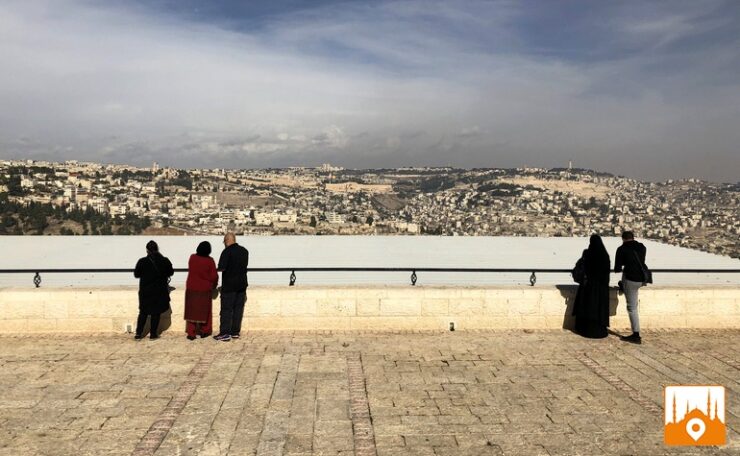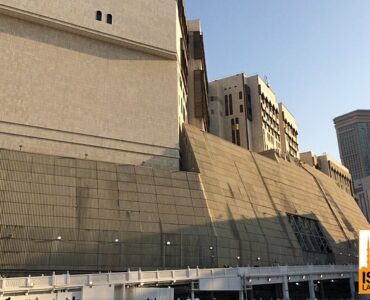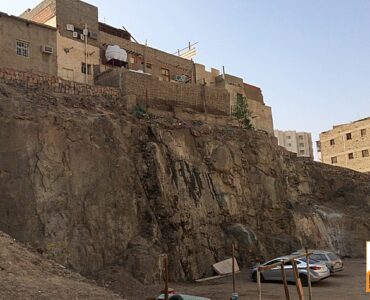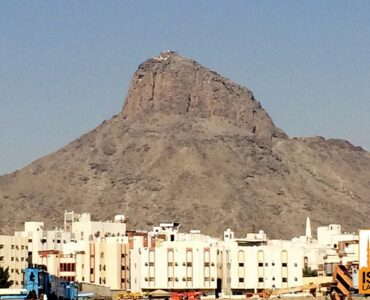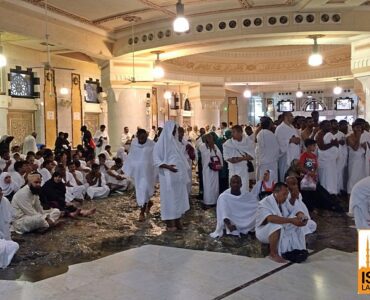This region, in south-eastern Jerusalem, is known as Jabal Mukabbir. According to local sources, it is named after Umar (رضي الله عنه), the second caliph of the Islamic Caliphate, who cried Allahu Akbar at this site when he came to take the city.
- When the Muslims surrounded Jerusalem in 638 CE, the inhabitants said they would surrender the city only if the Muslim ruler himself – Umar, the second successor or “Caliph,” of the Prophet Muhammad (peace be upon him) came to them. So Umar (رضي الله عنه) travelled by camel from Damascus, Syria to Jerusalem in the Holy Land. As he approached the city, his servant became weary, so he ordered his servant to ride the steed while he walked it by the reins.
- When they entered Jerusalem, records indicate it very well could have been Easter, the people of the city mistook the servant for the Caliph. When corrected, they couldn’t believe that this man in tattered and dirty clothes, leading on foot his servant who rode his steed, was the ruler of this new people who were conquering the Persian and Roman Empires, the greatest empires the world had ever seen, with such speed that had never been seen before.
- St. Sophronius, Christian Patriarch of Jerusalem, greeted Umar (رضي الله عنه) with a set of fresh regal clothes and insisted he wear them instead of the dirty rags he was wearing. According to the Greek chronicler Theophilus of Edessa (695-785 CE), Umar (رضي الله عنه) refused saying, “It is not right for a man to take from another what God has not decreed for him, for God has given to each and every one of humanity from His Divine knowledge, and he who desires to receive something from his companion exceeding that, does so against God.” The Christians of the city were outraged and Umar (رضي الله عنه) sensed that they found it humiliating to concede the city to someone who looked so base and common so he compromised. Theophilus further records from Umar (رضي الله عنه), “Because you request it of me, and have shown me such great honour, please lend me these clothes and I will wear them while you wash mine. When mine are returned, I will return these clothes to you.”
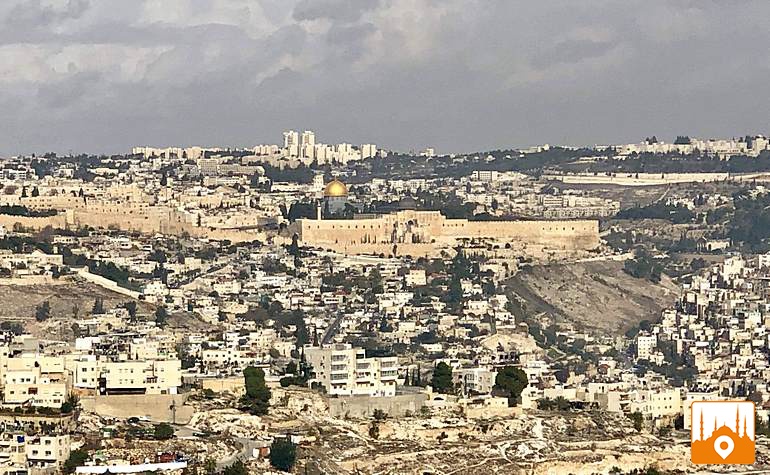

- Michael the Syrian, 12th Century Patriarch of the Syriac Orthodox Church, says about Umar (رضي الله عنه), “He was certainly just and removed from greed, to the degree that from all the empire that the Arabs ruled, that is, from all the wealth and treasures of the Romans and Persians, he took nothing for himself. He did not change the simplicity of his habits, not even the piece of hide that was placed under him when he rode by camel and that he used for sitting on the ground or sleeping on.”
References: SuhaibWebb.com, Wikipedia

